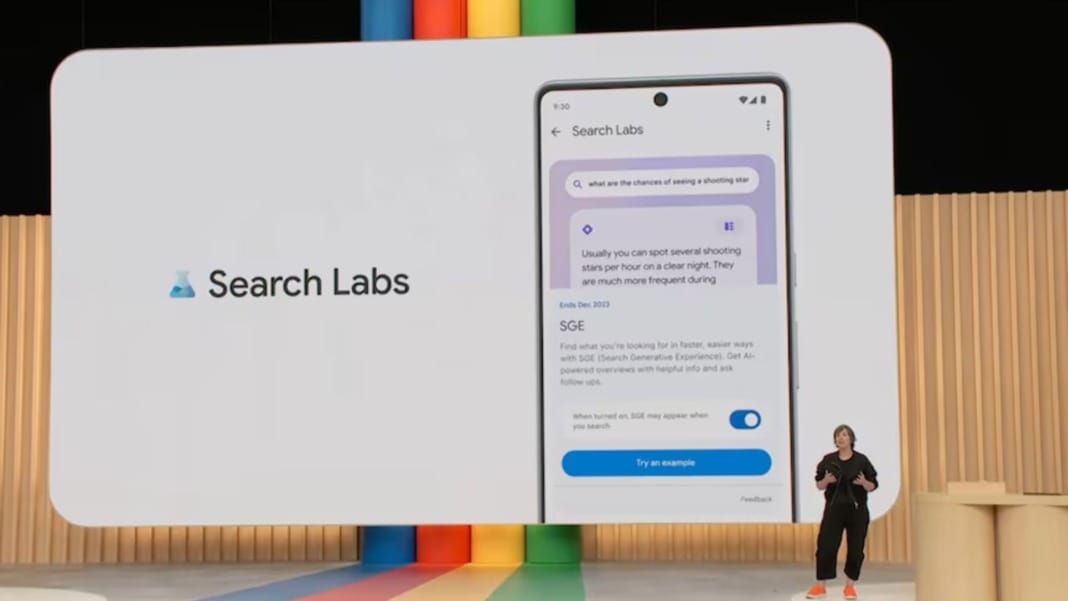You may have noticed a recent shift in your Google search experience, and you’re not alone. A study by search industry expert Rand Fishkin revealed that Google’s introduction of AI overviews in May 2024 has led to a significant decrease in mobile search volumes.
The study, which examined millions of searches across the United States and European Union, brought to light some unexpected consequences of Google’s AI integration, adding an intriguing layer to the analysis.
AI overviews, rollout, and reversal
In May 2024, Google introduced AI overviews in the United States, creating summaries for numerous search queries. However, the feature received mixed reactions and was scaled back by the end of the month. On May 30, Google published a blog post acknowledging that the AI overviews could have been more accurate and helpful, especially for uncommon queries.
In response, Google made over a dozen technical improvements to its systems. Following these changes, a subsequent study by SE Ranking noted that the frequency of AI overviews decreased, with only 8% of searches now displaying an AI summary. However, these summaries have become more detailed, offering 25% more content on average. SE Ranking also observed that AI overviews now link to fewer sources, typically around four.
The decline in mobile searches
Fishkin’s analysis indicates that introducing AI overviews coincided with a notable drop in mobile searches in May. While desktop searches saw a slight increase, the decline in mobile searches was significant, given that mobile accounts for nearly two-thirds of all Google queries. This suggests that users might have been less inclined to search on their mobile devices when presented with AI-generated summaries.
Fishkin commented, “The most visible changes in May were shared by the EU and US, notably… Mobile searches fell by a considerable amount. If anything spooked Google into rolling back this feature, I’d put my money on this being it.”
He added, “If I were running Google, that dip in mobile searches (remember, mobile accounts account for almost two-thirds of all Google queries) would scare the stock-price-worshipping crap out of me.”
Despite the decline in mobile searches, Fishkin’s study found that overall search behaviour remained relatively stable during the AI overview rollout. The number of clicks per search on mobile devices increased slightly, while desktop clicks per search stayed flat. This indicates that although some users were deterred from starting searches, those who engaged with the AI overviews clicked on results at a similar or slightly higher rate than before.
Implications for Google and the search industry
The study underscores the challenges Google faces in incorporating AI-generated content into its search results. Additionally, the research identified other concerning trends in Google search behaviour:
- Low click-through rates: Only 360 out of every 1,000 Google searches in the US result in clicks to non-Google websites. The EU performs slightly better, with 374 clicks per 1,000 searches.
- Zero-click searches dominate: Nearly 60% of searches in both regions end without clicks, classified as “zero-click searches.”
- Google’s self-referral traffic: About 30% of clicks from US searches go to Google-owned properties, with a somewhat lower percentage in the EU.
This study highlights the need for adaptable SEO strategies. As an industry, we may shift our focus towards optimising for zero-click searches and diversifying traffic sources beyond Google. The findings also raise questions about the future of AI in search. While major tech companies continue to invest in AI technologies, this study suggests that implementation may only sometimes produce the desired results.





